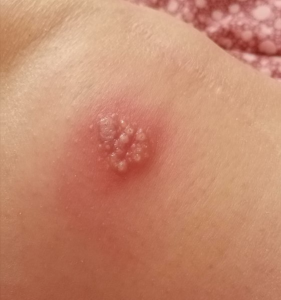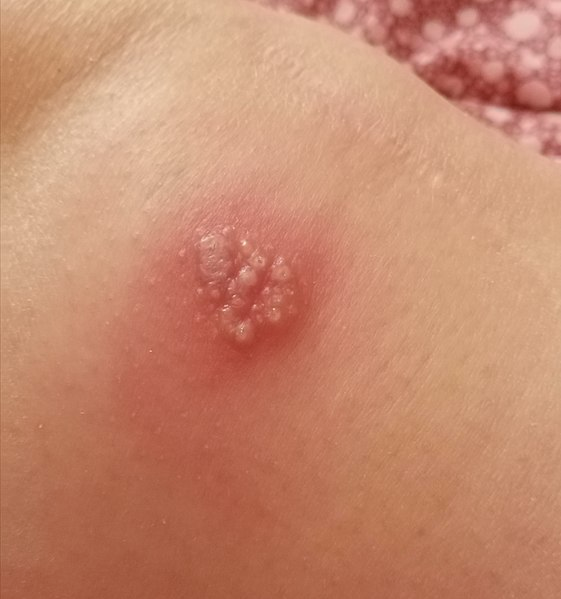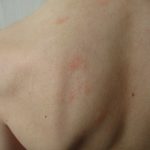Herpes is a common viral infection that affects millions of people worldwide. It is caused by the herpes simplex virus (HSV) and can manifest in different parts of the body, including the mouth, genitals, and eyes. There are two types of herpes: HSV-1 and HSV-2. HSV-1 is typically associated with oral herpes, while HSV-2 is associated with genital herpes. However, both types can cause either oral or genital herpes.
Symptoms of herpes can vary depending on the type and location of the infection. Common symptoms include blisters or sores on the affected area, itching, burning, and pain. In some cases, there may be no visible symptoms at all.
While there is no cure for herpes, there are treatments available to manage symptoms and reduce the frequency of outbreaks.
Understanding the Causes of Herpes
 Herpes is transmitted through direct contact with an infected person’s skin or bodily fluids. This can occur through sexual contact, kissing, or sharing personal items such as towels or razors. People who have multiple sexual partners or engage in unprotected sex are at a higher risk of contracting herpes.
Herpes is transmitted through direct contact with an infected person’s skin or bodily fluids. This can occur through sexual contact, kissing, or sharing personal items such as towels or razors. People who have multiple sexual partners or engage in unprotected sex are at a higher risk of contracting herpes.
Certain factors can trigger herpes outbreaks, including stress, illness, hormonal changes, and exposure to sunlight. It’s important to identify these triggers and take steps to avoid them whenever possible.
Natural Treatments for Herpes
While there is no cure for herpes, natural treatments can help manage symptoms and reduce the frequency of outbreaks. Lifestyle changes such as getting enough sleep, reducing stress levels, and avoiding triggers can be effective in managing herpes.
Supplements such as lysine and zinc have been shown to reduce the severity and duration of outbreaks. Essential oils such as tea tree oil and lavender oil can also be applied topically to soothe symptoms.
Diet and Nutrition for Herpes
Diet plays an important role in managing herpes outbreaks. Certain foods can trigger outbreaks, while others can help prevent them. Foods to avoid include those high in arginine, such as chocolate, nuts, and seeds. Foods to include in your diet include those high in lysine, such as fish, chicken, and dairy products.
It’s also important to stay hydrated by drinking plenty of water and avoiding sugary drinks. Dehydration can weaken the immune system and make it more difficult for the body to fight off infections.
Stress Management for Herpes
Stress is a common trigger for herpes outbreaks. Techniques such as meditation, yoga, and deep breathing can help reduce stress levels and prevent outbreaks. It’s also important to practice self-care by getting enough sleep, exercising regularly, and taking time for yourself.
Herbal Remedies for Herpes
Herbs can be effective in managing herpes symptoms and reducing the frequency of outbreaks. Some of the top herbs for herpes include echinacea, lemon balm, and licorice root. These herbs can be taken orally or applied topically to soothe symptoms.
It’s important to use caution when using herbs for herpes, as some may interact with medications or have side effects. It’s best to consult with a healthcare professional before using any herbal remedies.
Healing from Within
While there is no cure for herpes, natural treatments can be effective in managing symptoms and reducing the frequency of outbreaks. By making lifestyle changes such as reducing stress levels, eating a healthy diet, and practicing self-care, you can help prevent outbreaks and improve your overall health.
It’s important to seek professional help if needed, especially if you experience frequent or severe outbreaks. Your healthcare provider can recommend medications or other treatments that may be effective in managing your symptoms. Remember that healing from within is possible with the right tools and support.








